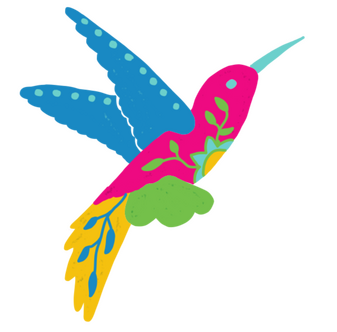
A memoir by Jen Dyck-Sprout
Coming soon
Pollinators interlaces personal essays with pollinator vignettes, to offer a fresh perspective on topics such as career navigation (Ants), grief (Hummingbirds), and purpose (Flies).From moths to mosquitos, and rats to bats, this groundbreaking memoir chronicles the wondrous, and poorly understood world of pollinators, as well as their profound impact on our lives.
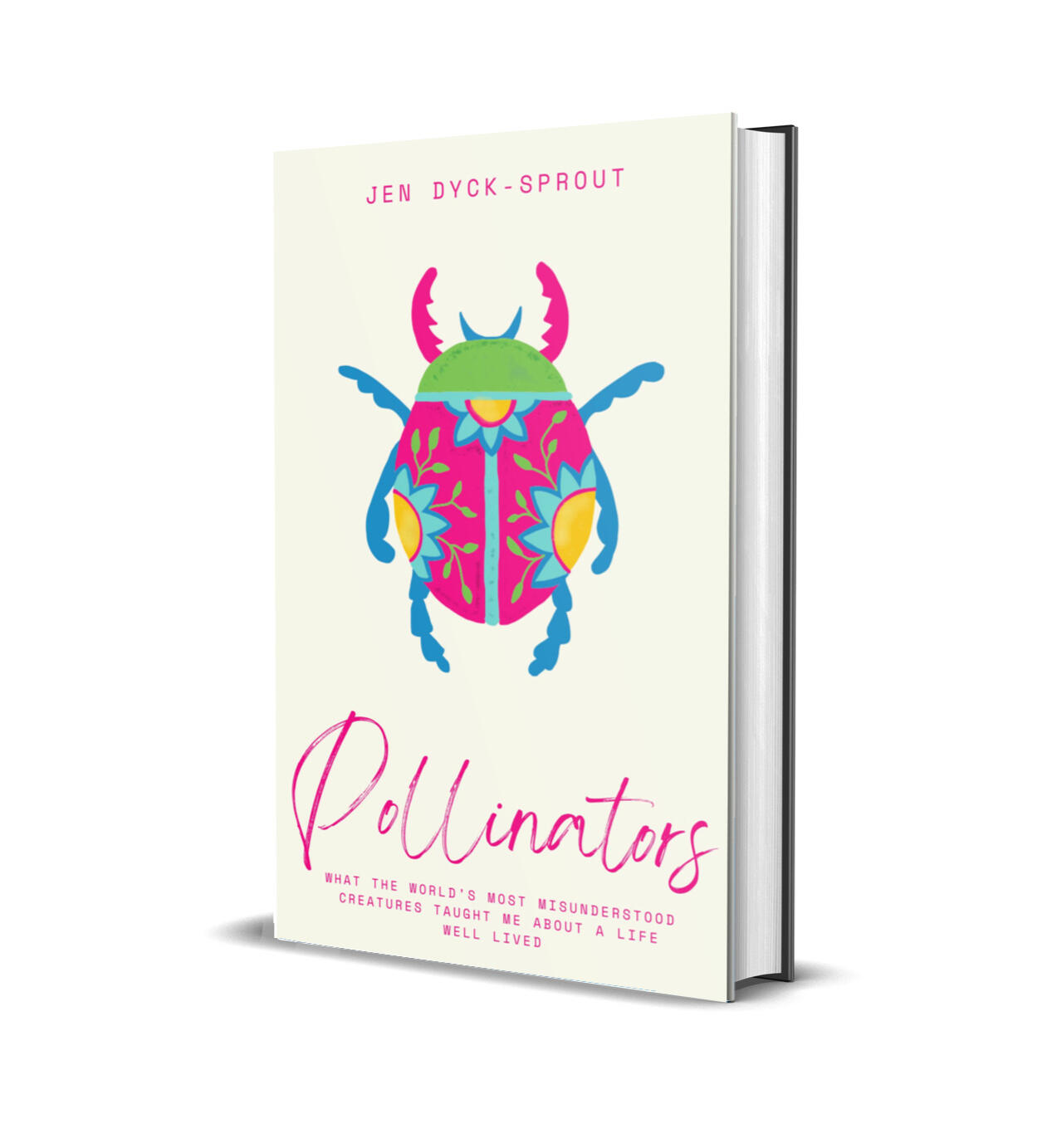
"Pollinators will turn your worldview upside down."
"it's a marriage of quirky career guide, emotional memoir, and scientific reporting.”
"A unique yet relatable memoir that I will be thinking about for years to come.”
"If you have ever felt lost, like your work doesn't matter, or like you don't belong, this book is for you."
"A moving meditation on class, interconnectedness, and consciousness."
"I really needed this beautiful reminder that not all those who wander are lost. Some of us are pollinators.”
"Truly, I had no idea pollinators were so extraordinary, let alone that I was one."
"Coming to see myself as a human pollinator has changed my life."
"I want to live in a world where everyone has read this book.”
A story of forgiveness and faith
Pollinators Will help you feel hopeful again
Pollinators follows the author's quest to reconcile with her father — a devout Marxist and eccentric anti-poverty activist who mysteriously vanished when she was 12 — before he succumbs to a terminal illness.What unfolds is a fascinating and deeply personal story that shines a light on seemingly insignificant experiences and creatures to draw profound yet universal lessons about life, love, and work.
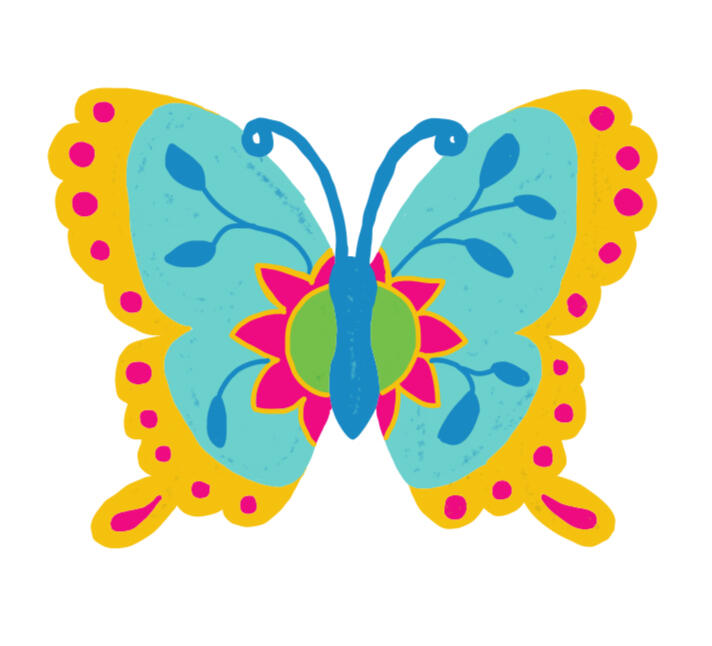
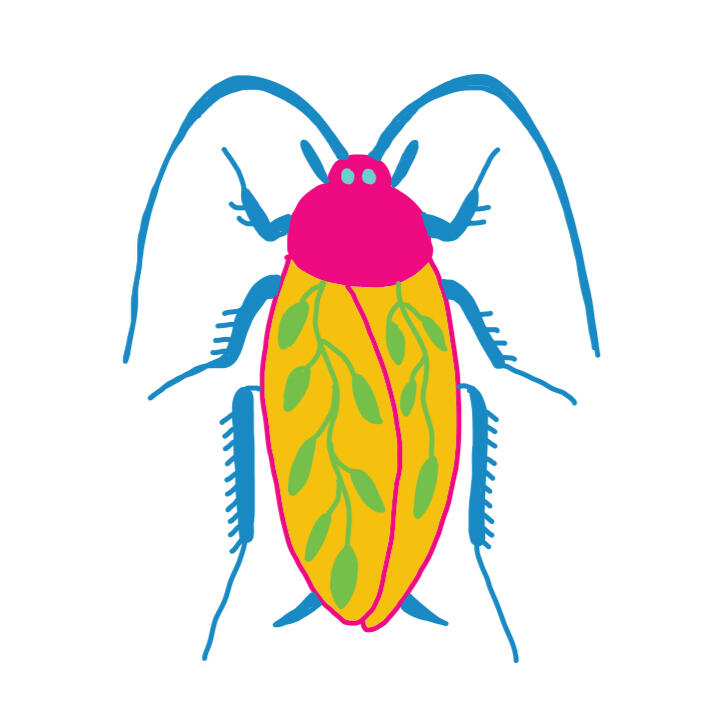
The book's butterfly effect
readers are already buzzing
"Everyone on the spiritual path needs to read this book.”
"This is more than a pollinator manifesto, it's a manifesto for authenticity."
"A countercultural perspective on the future of work, just when the world needs it most."
"This was a long overdue, refreshing look at the essential workers that we are hopelessly dependent on.”
"I laughed, I cried, I gathered the courage to quit my job, but most importantly, I woke up.”
"Braiding sweetgrass meets Educated meets Evicted."
"This book, which blurs the lines between good and bad, hero and pest, has made me completely rethink my role (and that of others) in the world."
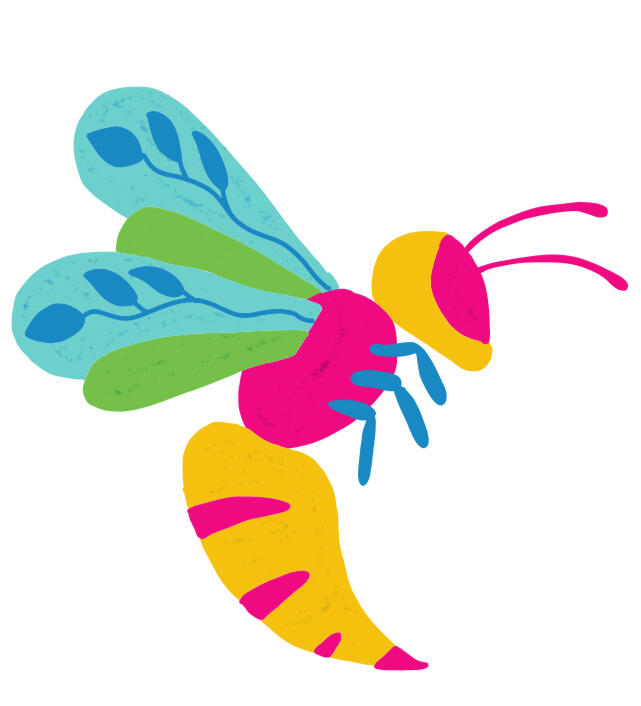
Jen Dyck-Sprout
Becoming a Human Pollinator
Jen Dyck-Sprout is a Brooklyn-based Canadian mom who has dedicated her career to make the "future of learning and work" more fun and inclusive.She has also cycled from Cairo to Cape Town (“Butterflies”), and worked an unusually wide variety of jobs: from telemarketing (“Moths”) to social work (“Flies”) to documentary filmmaking (“Mosquitos”).In the book, she explains why she calls herself a human pollinator; she may have a wandering path, but like the essential role any other pollinator inadvertently plays by picking up and depositing pollen, people like her are building necessary bridges in the world.
"At a time when people are increasingly longing to reconnect with nature, one another, and a sense of purpose, I believe there is an urgent need to take a closer look at pollinators to restore some much needed balance in the world."
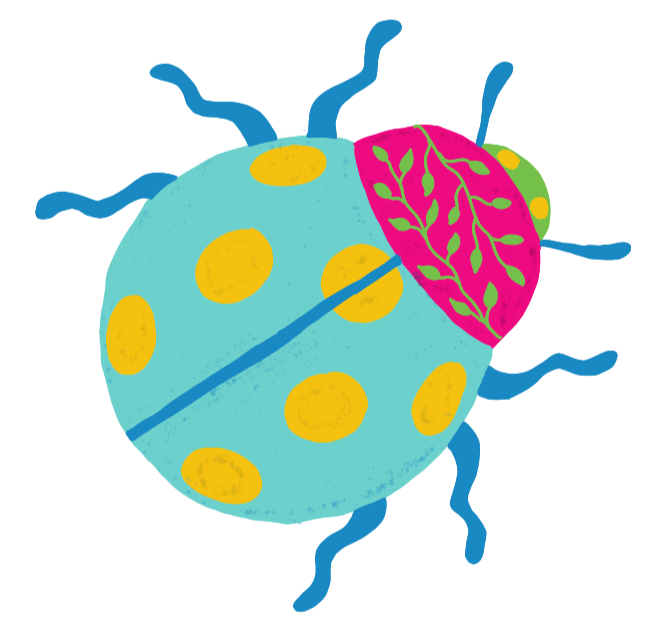
Pollinators are our future
We need your support
As a result of pollution, pesticides, and habitat destruction, and climate change, nature's bridge builders desperately need our help.By supporting Pollinators: What the world's most misunderstood creatures taught me about a life well lived, you help manifest a world where nature's essential workers are offered the respect they deserve.Please help by subscribing and sharing this with others.
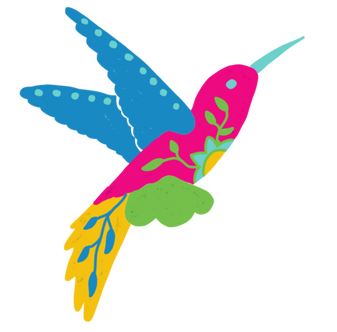
The Pollinator Book
The Book's Metamorphosis
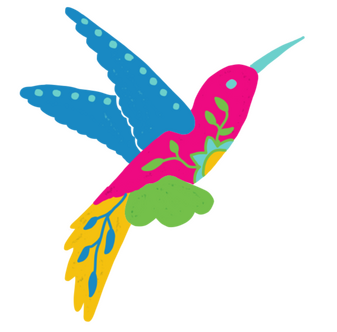
The Pollinator Book
Foreword
“To be nobody but yourself — in a world which is doing its best, night and day, to make you everybody else — means to fight the hardest battle which any human being can fight.”
- e. e. cummings
For twenty-five years, I have been too afraid to uncover what caused my dad to disappear from my life. I may never have gotten to the bottom of this mystery were it not for a chance encounter with a pollinator in Japan.In July of 2023, my partner Ahishar and I packed up our overpriced Brooklyn apartment and bought a one way ticket to Asia so we could drastically cut our expenses and distractions while we tried to get our own businesses off the ground.Just after we arrived in Tokyo, I saw a giant wasp. The biggest I’d ever seen. I was sitting in a small, empty park just outside the buzz of the pachinko lounges, video game arcades, and electronics stores in the Akihabara neighborhood. At this point, my interest in bugs was limited to whatever product promised to keep them (far) away from me. In fact, I left my hometown of Winnipeg, Manitoba when I was eighteen in large part because of its bugs. If I were to direct a sequel to Guy Maddin’s cult classic My Winnipeg!, insects would be the main characters. Manitobans are notoriously easy going and accommodating (the licence plate slogan is Friendly Manitoba afterall). Not so of Manitoban bugs. They have big city energy. They demand your attention, get in your way, and aren’t ashamed to keep you up at night.As I ducked to avoid the wasp’s flight path, Ahishar followed it to the bush behind us to get a closer look. After a few seconds of close observation, he laughed.“It’s not a wasp. It’s a hummingbird!” he said.My thoughts about this flying creature promptly switched from “Get away from me!” to “Wow, that’s the cutest little bird I’ve ever seen!” I leaned in closer to watch the tiny, yellow and black hummingbird hover in front of a flower. I noticed how its striped wings moved so fast, almost invisibly, that it looked like its small body was floating. Ahishar turned to the internet to learn more about this bird, so minuscule it felt improbable. That’s when he discovered this was not, in fact, a bird, but a moth!A hummingbird hawk moth to be precise, named because it can hover mid-air to feed on nectar, much like a hummingbird would. And what I thought was a tongue was actually a proboscis, not too different from what a mosquito would use to suck my blood. Apparently these moths are among the few diurnal moth species. Even so, it is rare to see one, not because they are endangered, but because we are rarely paying close enough attention.My feelings about the creature shifted yet again, now to strange disappointment. I mean, who cares about moths, right?We left the park and ventured into Akihabara, known as the geek capital of the world. Despite the flashing lights outside manga bookstores and the dozens of young women dressed in maid costumes advertising cosplay cafes, I couldn’t get over how the exact same striped critter brought out three totally different experiences in my mind, based solely on what I thought it was.This piqued my interest in hawk moths. I wanted to understand why we, or at least I, don’t treat all living things equally. What really makes a hummingbird more appealing to me than a moth or a wasp?I followed my newfound interest in moths and was surprised to learn that the intoxicatingly fragrant flowers on my favourite trees, plumeria, have evolved to specifically attract hawk moths. The American inventor and futurist Buckminster Fuller once wrote that “there is nothing in a caterpillar that tells us it’s going to be a butterfly.” He could just as well have said there is nothing in a caterpillar that tells us we will have gardens that smell like heaven.I also learned that moths pollinate much like bees — essentially by inadvertently transferring pollen that has attached itself to their fuzzy bodies from one flower to another as they forage for food. Until quite recently, most pollination research and attention has been devoted to understanding bees. But more recent studies are beginning to show that moths transport pollen from a wider variety of plants than bees, and that they are more “efficient” pollinators.In between Google searches, I spent the rest of that week wandering around Tokyo trying to figure out what I was actually going to do in this next chapter of my career. While Ahishar actually knew what business he wanted to build, I didn’t have the faintest idea what problem I wanted to solve. I just had an urge to solve one.“What is wrong with me?” I asked myself. “First, I couldn’t commit to a career path, now I can’t even come up with a business idea.”After two decades of career pivots and adventures, I was feeling ashamed about once again succumbing to that irresistible urge to try something new, which would once again set me back financially and reputationally.I lost count of how many jobs I’ve had around the time I stopped counting how many men I've slept with, but I know both numbers are greater than the years I’ve been employed. I didn’t plan to have this many jobs any more than I planned for men to ghost me after we slept together. But between some combination of events beyond my control and my restless curiosity (which, after many failed attempts to reign it in, also seems to be stubbornly out of my control), here I am, with a CV as seemingly chaotic as a bumble bee’s flight path.And now, after finally developing a solid reputation as a leader and consultant in the education technology world, I felt undeniably compelled to study insects.